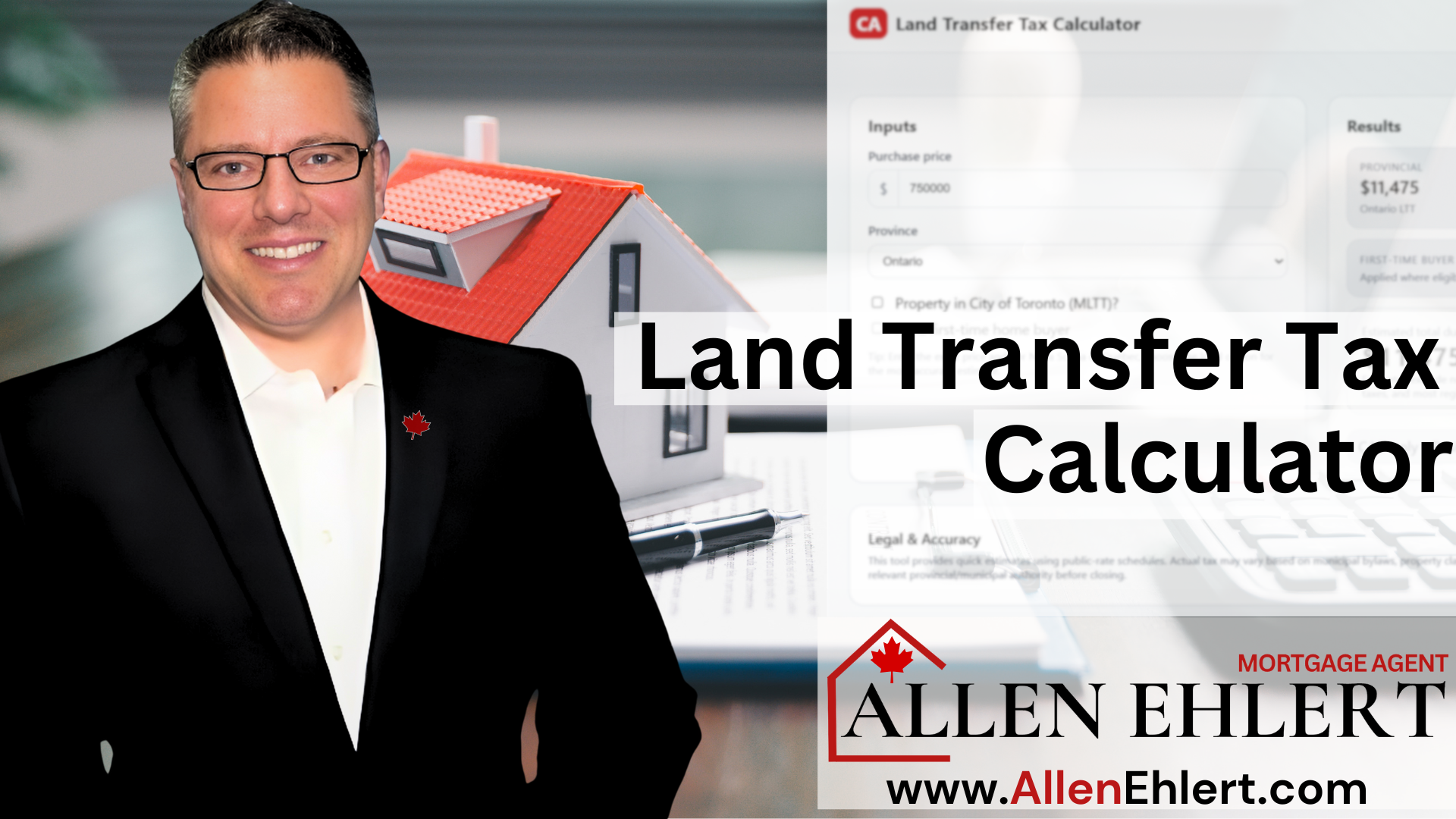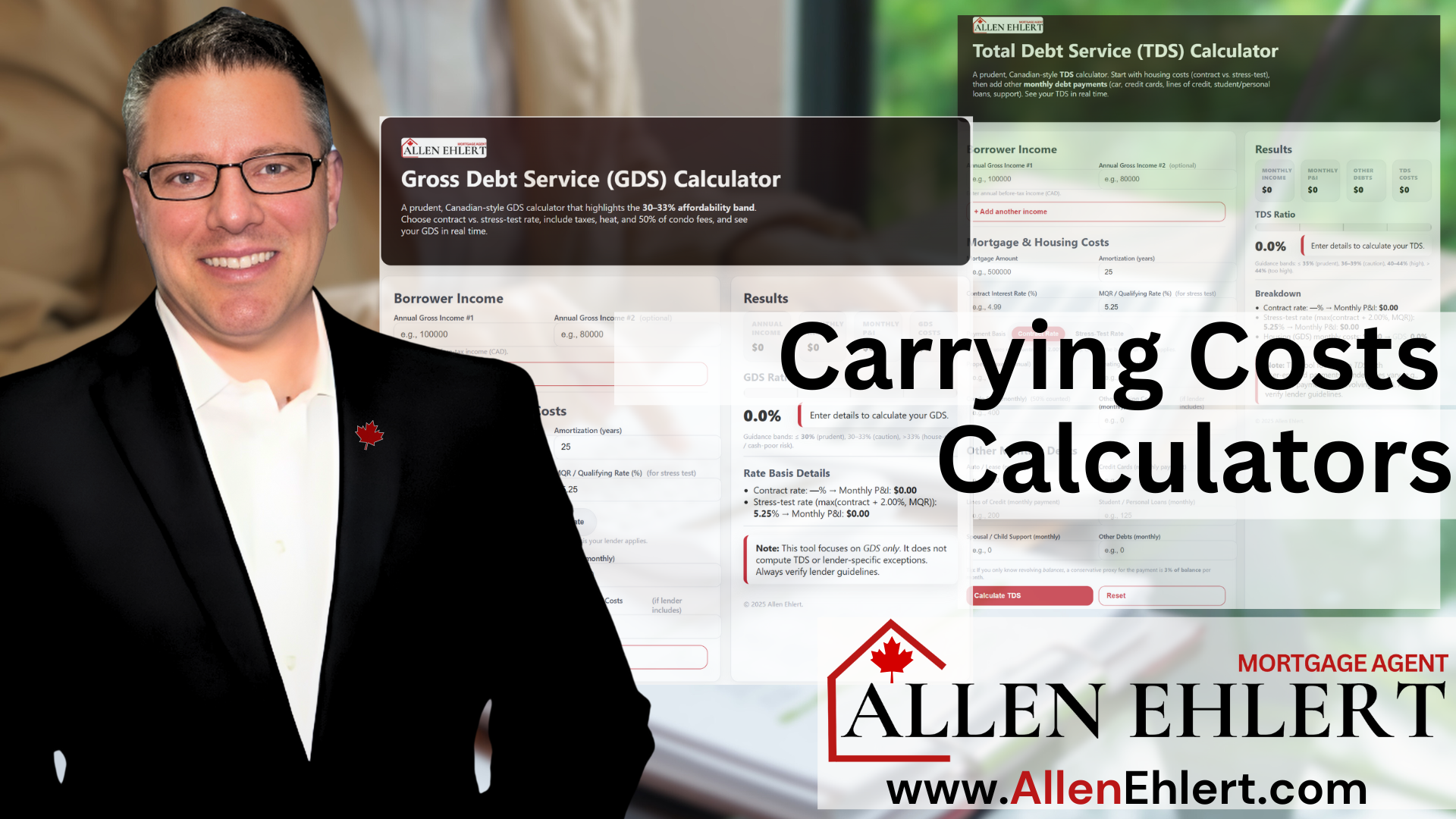… What’s Really on the Line: Understanding Personal Property in a General Security Agreement
When you’re diving into the world of commercial mortgages, you’ll notice that lenders don’t just look at the bricks and mortar—they look at the business that operates within them. And to protect their loan, they often take security over more than just the property itself. That’s where the General Security Agreement, or GSA, comes in.
But here’s the part that surprises a lot of borrowers: when a lender says they’re taking security over your “personal property,” they don’t mean your car, your laptop, or your favourite golf clubs. In commercial lending, “personal property” means business property—assets that belong to your corporation or partnership, not to you personally.
Let’s break down what “personal property” really means under a GSA, how it works, and why understanding this little piece of fine print can make a big difference in your commercial borrowing experience.
Topics I’ll Uncover
What “Personal Property” Means in a GSA
Why Lenders Take Security Over Personal Property
What’s Included (and What’s Not)
How It’s Registered and Enforced
A Real-World Story: When the Collateral Saved the Day
How Realtors and Clients Can Use This Knowledge
What “Personal Property” Means in a GSA
In commercial lending, “personal property” refers to everything a business owns that isn’t land or a building.
It’s an umbrella term covering tangible and intangible assets like:
- Machinery, tools, and office equipment
- Inventory and stock
- Accounts receivable (money owed to the business)
- Leasehold improvements
- Intellectual property, contracts, and licenses
- Bank accounts and cash flow
A General Security Agreement (GSA) is the legal contract that gives the lender the right to take possession of these assets if the borrower defaults.
So, when a GSA says it covers “all present and after-acquired personal property,” it’s essentially saying:
“We have a claim on everything the business owns now—and everything it will own in the future—until the loan is repaid.”
It’s broad. It’s powerful. And it’s standard practice in Canadian commercial lending.
Why Lenders Take Security Over Personal Property
A commercial lender’s job is to manage risk. And in most commercial deals, the property itself—while valuable—may not be enough to fully secure the loan, especially if it’s under development, underperforming, or partially leased.
By taking a GSA over the borrower’s personal property, the lender gains an extra layer of protection. It ensures that:
- If the borrower defaults, the lender can recover value from business assets (like equipment or receivables).
- If the business is sold, the lender’s interest remains protected until they’re repaid.
- The borrower remains motivated to maintain financial health across all assets—not just the building.
Think of it as the lender saying, “We’re not just lending on the property—we’re lending on the entire operation that supports it.”
What’s Included (and What’s Not)
A typical GSA covers “all present and after-acquired personal property” of the borrowing entity. That can include:
- Tangible assets: equipment, machinery, tools, inventory, fixtures, furniture, and vehicles owned by the company.
- Intangible assets: trademarks, goodwill, contracts, insurance proceeds, and accounts receivable.
- Financial assets: securities, cash, and deposit accounts.
What’s not included:
- Assets owned personally by the directors or shareholders (unless they’re also providing a personal guarantee).
- Property owned by other corporations not named in the GSA.
- Assets specifically excluded in the loan documentation (for example, if a different lender has first claim on certain equipment).
This distinction matters. The GSA attaches to the business entity’s assets—not your personal ones.
How It’s Registered and Enforced
Once signed, the lender registers their interest in the borrower’s personal property through the Personal Property Security Act (PPSA) system in the province where the borrower operates.
That registration acts as a public notice to other creditors. It says:
“This lender has first claim on these business assets.”
If the borrower defaults, the lender can enforce their security by:
- Appointing a receiver to take control of the assets,
- Seizing and selling the collateral, or
- Applying proceeds to reduce the outstanding debt.
It’s a powerful tool—but one that also allows for orderly resolution instead of messy court battles.
A Real-World Story: When the Collateral Saved the Day
A few years ago, one of my commercial clients owned a small manufacturing business in southern Ontario. They’d secured a mortgage on their property with a GSA included. Business was good—until a sudden supply chain issue caused their main client to cancel a major contract.
Cash flow tanked overnight.
The lender, understandably, got nervous. But instead of enforcing foreclosure, they used their rights under the GSA to appoint a receiver—not to liquidate the company, but to manage operations temporarily. Within months, the business rebounded, the loan was brought current, and everyone walked away whole.
That GSA didn’t just protect the lender—it bought the borrower time. It provided a structured way to stabilize the business, rather than destroy it.
That’s the hidden benefit of a well-structured security agreement: it gives lenders tools to work with you, not just against you.
How Realtors and Clients Can Use This Knowledge
If you’re a realtor, knowing how personal property works under a GSA helps you:
- Set expectations for your commercial buyers—especially those purchasing income-producing properties through corporations.
- Recognize when a deal might involve existing registered security interests under the PPSA (and how that could impact a closing).
- Speak confidently with lenders and lawyers when these terms come up.
If you’re a borrower or investor, this knowledge helps you:
- Understand what assets are being pledged under your loan.
- Keep your business organized—separating operating assets from personal ones.
- Avoid accidental cross-collateralization (pledging assets you didn’t intend to).
In other words: knowing what’s “on the line” helps you protect what’s not.
Allen’s Final Thoughts
At first glance, the term “personal property” in a General Security Agreement sounds intimidating—like the lender’s reaching into your wallet. But in reality, it’s simply a structured way for them to secure the business’s assets, not your personal ones.
It’s a normal part of commercial financing, and when handled correctly, it builds trust between borrower and lender. The key is understanding what’s included, what’s not, and how it fits into your overall corporate and lending structure.
As your mortgage agent, my role is to guide you through that process—to make sure you know exactly what you’re pledging, help coordinate with your legal team, and ensure that your loan is structured intelligently and transparently.
Because in commercial real estate, success isn’t just about securing financing—it’s about protecting the empire you’re building along the way.












